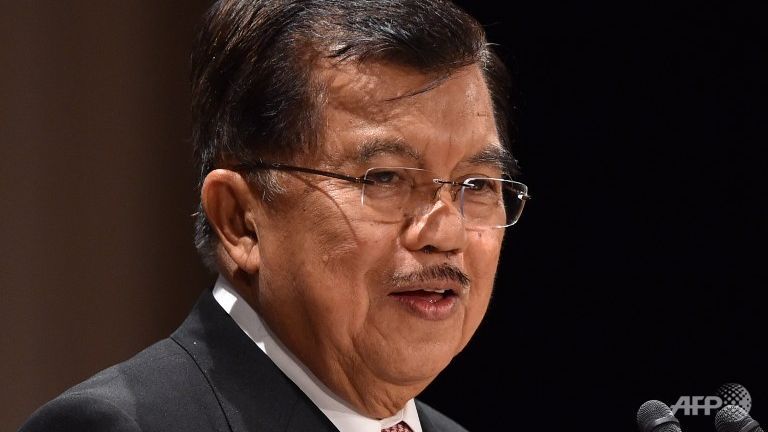The Vice president of Indonesia, Jusuf Kalla has said that the trade volume between Indonesia and Africa in 2017 increased to $8 billion and will be higher at the end of 2018.
Mr Kalla made the disclosure during the opening of the ongoing Indonesia-Africa Forum (IAF) in Bali Indonesia.
He said that Africa has untapped and abundant potential, adding that Indonesia needs crude oil, cocoa and cotton from Africa as well as Africa needs palm oil and Indomie noodles from Indonesia.
Kalla stressed the need for Indonesia and Africa to work together in advancing their economies, saying that Indonesia wants to be part of development in Africa; likewise Africa wants to be part of development in Indonesia.
“Africa is not a foreign continent for Indonesia. We share a lot in common with Africa and we will continue to strengthen our cooperation with African continent.
“There is need for us to work together in advancing economic cooperation in both Africa and Indonesia.
“Africa has untapped and abundant potential, which is why Indonesia is interested in Africa to explore these untapped potentials.’’
In 2017, the trade volume between Africa and Indonesia rose to $8 billion. At this event, Indonesian businesses will be signing trade agreement with African businesses.
“We have decided that technical capacity building will be increased and scholarships will be doubled for Africans,” he said.
Mr Godwin Obaseki, Governor of Edo State, who was part of the Nigerian delegation and also a panelist at the IAF said that Nigeria needs support from Indonesia, as the country strives to diversify its economy from an oil-dependent economy to focus on agriculture and other mineral resources.
Mr Obaseki said that in as much as President Muhammadu Buhari has zero tolerance for corruption, economic diversification will soon be accomplished in the country.
He said that Nigeria and other African countries should use such forum to look out to countries that almost appear to have been doing well in the world and have advanced their own economies to see how they can cooperate with them on a mutually beneficial basis, and begin to learn from their mistakes and just to see how they can grow their economy the way they have done theirs.













